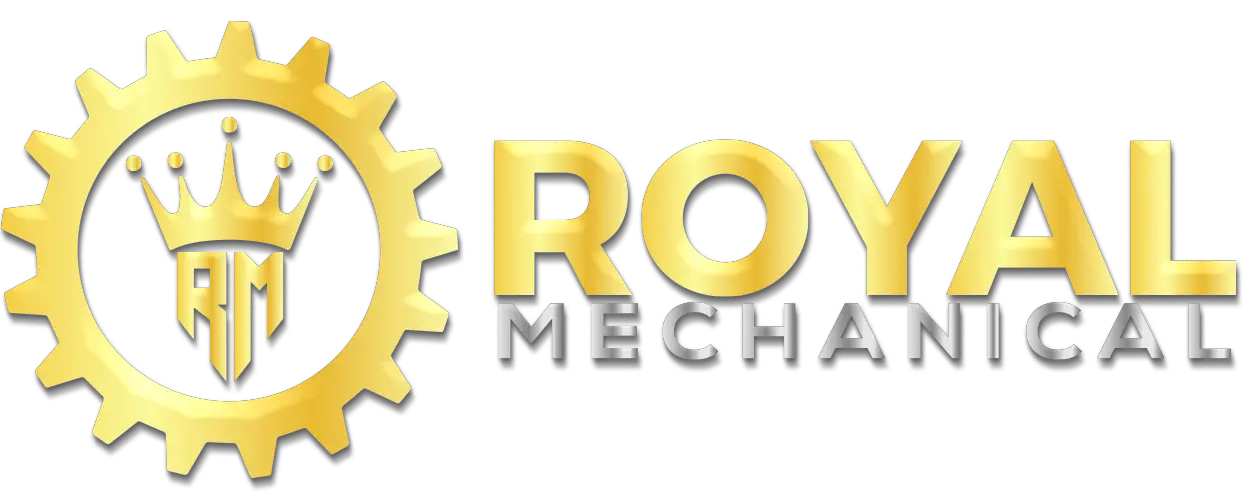
Engineering services outsourcing has become a prevalent practice for businesses looking to leverage external expertise, reduce costs, and accelerate product development. However, one of the key challenges in outsourcing is managing cultural differences. When outsourcing engineering services to a different country or region, businesses often encounter variations in work culture, communication styles, business practices, and even time zones. Effectively managing these cultural differences is essential to ensure smooth collaboration, foster strong relationships, and achieve project success. This article will discuss strategies to manage cultural differences in engineering services outsourcing.
Table of Contents
01) Foster Cultural Awareness and Sensitivity
The first step in managing cultural differences is to develop cultural awareness and sensitivity among team members involved in the outsourcing project. Encourage individuals to learn about the cultural nuances, values, customs, and traditions of the outsourcing partner’s country. This can be achieved through training programs, workshops, or even cross-cultural exchange opportunities. By understanding and appreciating the cultural context, team members can adapt their communication and behavior accordingly, leading to better collaboration.
02) Establish Effective Communication Channels
Clear and effective communication is paramount in overcoming cultural barriers. Establishing efficient communication channels is crucial for ensuring that messages are conveyed accurately and understood by all parties involved. Consider the following strategies:
a. Language Proficiency:
Ensure that there is a common language of communication between the outsourcing team and your organization. If necessary, provide language training or engage professional interpreters to facilitate smooth communication.
b. Use of Technology:
Leverage technology tools such as video conferencing, instant messaging, and project management software to enhance communication and collaboration. These tools enable real-time interaction, file sharing, and documentation of project-related discussions.
c. Regular Meetings:
Schedule regular meetings, both virtual and in-person if possible, to discuss project updates, address concerns, and foster relationship building. These meetings provide an opportunity for open dialogue, clarification of expectations, and resolution of any cultural misunderstandings.
03) Embrace Flexibility and Adaptability
Cultural differences often result in different work styles, approaches, and expectations. Embracing flexibility and adaptability is crucial in accommodating these variations and finding common ground. Encourage team members to be open-minded and receptive to diverse perspectives and practices. Flexibility in project management methodologies, work schedules, and decision-making processes can help bridge cultural gaps and promote collaboration.
04) Clarify Expectations and Project Objectives
To mitigate misunderstandings and ensure alignment, it is essential to establish clear expectations and project objectives from the outset. Clearly communicate project requirements, deliverables, timelines, and quality standards to the outsourcing team. Provide detailed documentation and visual aids, if necessary, to avoid any ambiguity. Encourage the outsourcing team to seek clarification whenever needed, fostering a culture of open communication and proactive engagement.
05) Build Trust and Foster Relationships
Trust is the foundation of successful outsourcing partnerships. Building trust requires consistent effort and relationship-building activities. Consider the following strategies:
a. Face-to-Face Interactions:
Whenever possible, arrange face-to-face meetings or visits to the outsourcing partner’s location. These interactions help establish personal connections, build rapport, and deepen understanding of each other’s cultures.
b. Social Activities:
Organize social activities or team-building exercises that promote informal interactions and relationship-building. This could include virtual team-building activities, shared experiences, or cultural exchange events.
c. Respect and Empathy:
Encourage team members to demonstrate respect, empathy, and understanding towards cultural differences. Appreciating diverse perspectives and valuing each other’s contributions can foster a positive work environment and strengthen relationships.
06) Develop Cross-Cultural Teams
Consider establishing cross-cultural teams comprising members from both your organization and the outsourcing partner’s team. By integrating team members from different cultures, you can leverage their diverse experiences and perspectives to find innovative solutionsand foster a collaborative environment. Cross-cultural teams provide an opportunity for individuals to learn from each other, share best practices, and build mutual trust and respect.
07) Provide Cultural Training and Education
Investing in cultural training and education can significantly enhance the management of cultural differences. Offer cultural sensitivity training programs that provide insights into the outsourcing partner’s culture, communication styles, business practices, and etiquette. These programs can help team members develop a deeper understanding of the cultural nuances and facilitate effective collaboration.
08) Seek Cultural Mediation or Guidance
In situations where cultural differences pose significant challenges, consider engaging a cultural mediator or consultant. These professionals can provide guidance, facilitate communication, and help resolve conflicts arising from cultural misunderstandings. They possess the expertise to bridge cultural gaps and facilitate effective collaboration between teams.
09) Encourage Knowledge Sharing
Promote knowledge sharing between your organization and the outsourcing team. Encourage individuals to share their expertise, best practices, and lessons learned. This collaborative approach fosters a culture of continuous learning and improvement, enabling both parties to benefit from each other’s knowledge and experiences.
10) Monitor and Evaluate Cultural Integration
Continuously monitor and evaluate the cultural integration efforts throughout the outsourcing project. Regularly assess the effectiveness of communication, collaboration, and teamwork. Seek feedback from team members and address any cultural challenges or issues proactively. By actively monitoring cultural integration, you can make necessary adjustments and improvements to enhance collaboration and project outcomes.

Conclusion
In conclusion, successfully managing cultural differences is crucial for the success of engineering services outsourcing projects. By fostering cultural awareness, establishing effective communication channels, embracing flexibility, clarifying expectations, building trust, developing cross-cultural teams, providing cultural training, seeking guidance when needed, encouraging knowledge sharing, and monitoring cultural integration, organizations can navigate the complexities of cultural differences and achieve successful outcomes in their outsourcing endeavors. Effective management of cultural differences promotes collaboration, innovation, and stronger relationships, leading to long-term partnerships and business success.
Related Article:






